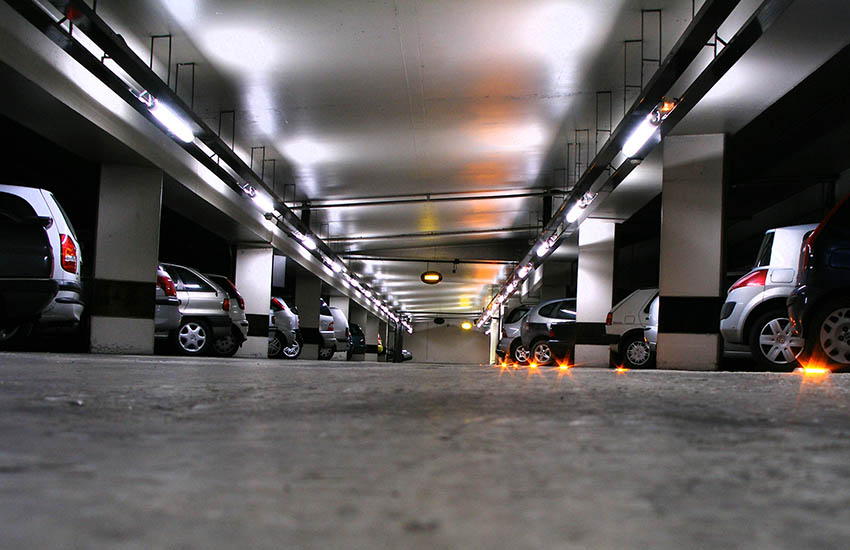Last week, the ATO released draft taxation ruling 2019/D5, detailing conditions considered as providing a car parking benefit.
The draft TR replaces the now withdrawn TR 96/26, which stood for over 20 years, and differs by proposing to treat a car park that offers all-day parking as a commercial car park for FBT purposes, even though the car park’s fee structure may discourage parking for that length of time by charging a higher fee.
You’re out of free articles for this month
According to the ATO, a car park is a commercial parking station if it is permanent, makes all-day parking available to the public on payment of a fee, is not on-street parking and does this in the ordinary course of business.
“A facility is ‘commercial’ if it is run to make a profit which may include a facility operated by a not-for-profit organisation,” the draft ruling states.
Under the draft ruling, FBT can apply when a car park is within a one-kilometre radius of the employer’s business premises, and the commercial car park charges more than the car parking threshold for all-day parking to the public.
The changes come after legal cases involving Qantas and Virgin, and are proposed to apply from 1 April 2020 for the 2020/21 FBT year onwards.
BDO national tax director Lance Cunningham said the changes meant that employers would have to consider whether a parking facility is run to make a profit.
“There will only be an issue where the car park is run to make a profit. The ATO has confirmed this view,” Mr Cunningham said.
“As most shopping centre car parks are primarily run to provide shopper parking and do not run the parking facility at a profit, this will only cause problems in situations where the car park is run for profit.”
He added: “Examples may include where the shopping centre car park is adjacent to a train station and it is run to both attract shoppers and also to make a profit from the commuter parking.
“The problem for employers is that they will not know whether a particular car park is run to make a profit from the parking facility.”
Mr Cunningham believes employers with business premises within the vicinity of shopping centres, hospitals and airports should commence reviewing the potential FBT obligations that may arise under the draft ruling.
Jotham Lian
AUTHOR
Jotham Lian is the editor of Accountants Daily, the leading source of breaking news, analysis and insight for Australian accounting professionals.
Before joining the team in 2017, Jotham wrote for a range of national mastheads including the Sydney Morning Herald, and Channel NewsAsia.
You can email Jotham at: This email address is being protected from spambots. You need JavaScript enabled to view it.

 Login
Login







